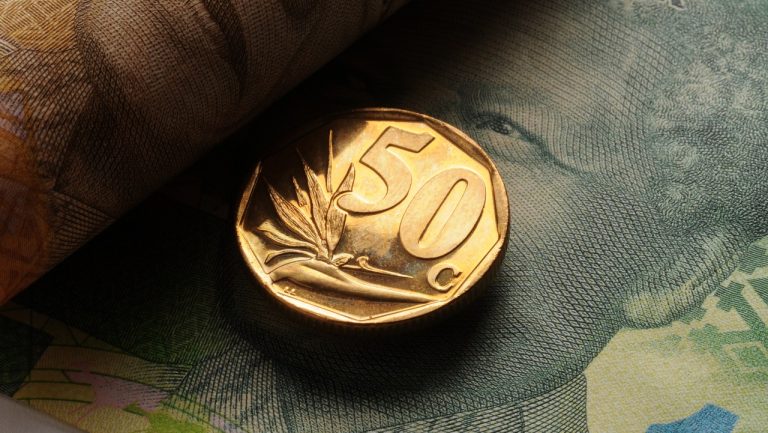BRICS Bank Issues First ZAR Bonds as It Looks to Use Local Currencies
Publikováno: 18.8.2023
 The New Development Bank (NDB), established by the BRICS bloc of emerging economies, has issued its first bonds denominated in South African rand (ZAR). The auction, which was closed on Tuesday, is part of the bank’s efforts to increase both fundraising and lending in local currencies. Development Bank Founded by BRICS Debuts South African Rand […]
The New Development Bank (NDB), established by the BRICS bloc of emerging economies, has issued its first bonds denominated in South African rand (ZAR). The auction, which was closed on Tuesday, is part of the bank’s efforts to increase both fundraising and lending in local currencies. Development Bank Founded by BRICS Debuts South African Rand […]

The New Development Bank (NDB), established by the BRICS bloc of emerging economies, has issued its first bonds denominated in South African rand (ZAR). The auction, which was closed on Tuesday, is part of the bank’s efforts to increase both fundraising and lending in local currencies.
Development Bank Founded by BRICS Debuts South African Rand Bonds
NDB, the development bank created by the BRICS member states (Brazil, Russia, India, China, and South Africa), has issued its first ZAR bonds worth 1.5 billion rand (nearly $78 million), the institution said in an announcement published Wednesday and quoted by media.
The auction comes as the bank finds itself under pressure to boost its local currency fundraising and lending, Reuters noted in a report. According to Russia’s Tass news agency, this is NDB’s first issue of bonds in local currency outside China, where it’s based.
“The book was well supported, with over R2.5bn in bids across both the 3- and 5-year tranches allowing NDB to exercise its option to upsize the trade from R1bn to R1.5bn … The order book was well diversified with 71% of bids being allocated to institutional investors and the remainder taken up by local banks,” NDB detailed in the press release.
The NDB’s Vice-President and Chief Financial Officer, Leslie Maasdorp, pointed out that the bank “is seeking to increase its presence in the local capital markets of its member countries, to fund its robust portfolio of local currency loans.”
The executive also emphasized that “proceeds will be used to fund infrastructure and sustainable development projects in South Africa and the successful outcome sets the benchmark for future issuances by NDB.”
The New Development Bank was launched in 2015 with the goal of giving BRICS members more control of development financing. According to South Africa’s Finance Minister, Enoch Godongwana, the bank is not doing enough local currency lending.
Deepening the use of the national currencies of the member states will be on the agenda of the upcoming BRICS summit on Aug. 22-24 in Johannesburg. In a recent interview, Maasdorp told Reuters that while the bank aims to increase local currency lending to 30%, there are limits to de-dollarization. Most of NDB’s lending so far has been in the Chinese yuan.
Do you think the NDB will issue bonds in the currencies of the other BRICS member states? Tell us in the comments section below.